
Pharmaceutical Therapies


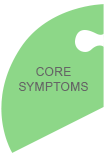
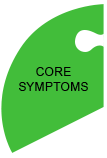
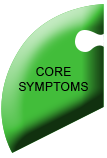
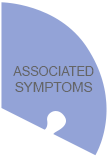
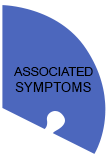
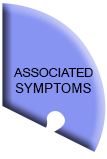



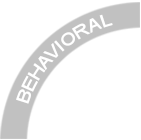
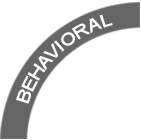
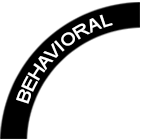




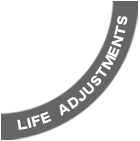
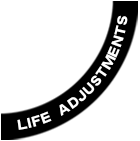
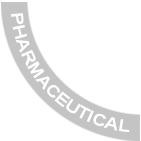
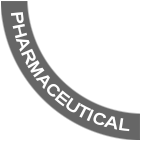
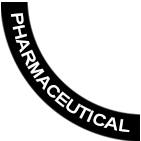
No approved pharmacological treatment exists for the core symptoms of Autism Spectrum Disorder (ASD), which include impaired communication, difficulties with social interaction, and repetitive behaviors. However, doctors can prescribe drugs to alleviate some symptoms associated with ASD. For example, doctors may prescribe melatonin for sleep therapy or methylphenidate (Ritalin) to help control ADHD. It is at the physician’s discretion which extra medications may be helpful for the patient’s specific symptoms.
In the United States, drug-based treatments are either Food and Drug Administration (FDA)-approved or “off-label,” a term used by the medical community to describe FDA-approved drugs that are prescribed for conditions for which they were not originally intended. Other countries have their own regulatory agencies, such as the Medicines and Healthcare products Regulatory Agency in the United Kingdom and the Therapeutic Goods Administration in Australia. Some drugs may be approved by one country’s agency, but not another’s.
The FDA has approved two antipsychotic medications for irritability in children with ASD: risperidone and aripiprazole.
 Risperidone is a drug that calms a person by blocking the brain’s receptors for the chemicals serotonin and dopamine.While risperidone has been approved to treat schizophrenia and bipolar disorder since 1993, in 2006 the FDA approved it as an acceptable therapy for irritability in children and adolescents with autism spectrum disorders. A study in 2013 found that antioxidant supplementation with risperidone may improve the drug’s effectiveness at limiting irritability.1
Risperidone is a drug that calms a person by blocking the brain’s receptors for the chemicals serotonin and dopamine.While risperidone has been approved to treat schizophrenia and bipolar disorder since 1993, in 2006 the FDA approved it as an acceptable therapy for irritability in children and adolescents with autism spectrum disorders. A study in 2013 found that antioxidant supplementation with risperidone may improve the drug’s effectiveness at limiting irritability.1
In contrast to risperidone, aripiprazole is a drug that partially activates receptors for serotonin and dopamine. In late 2009, the FDA also approved aripiprazole for the treatment of irritability in children with autism.
 Physicians can offer symptom relief with drugs prescribed in an “off-label” manner. Several studies are underway to investigate the use of current drugs to treat autism.One such example is bumetanide. In a 2013 study, researchers tested children with autism or Asperger syndrome using the chloride-altering drug bumetanide, which is known to be safe in children when used for other indications. The study tested the effect of bumetanide in a double-blinded, placebo-controlled trial of sixty children (ages 3-11) with ASD. The children received either bumetanide or the placebo for 3 months, and were tested for improvement on three separate behavioral rating scales. The results demonstrated that children on bumetanide were significantly more likely to experience improvements in their symptom severity—as determined by improvements in rating scale scores—than autistic children who received the placebo. Importantly, the drug was well-tolerated and caused minimal side effects in all children who received it over the course of the 3 months.2
Physicians can offer symptom relief with drugs prescribed in an “off-label” manner. Several studies are underway to investigate the use of current drugs to treat autism.One such example is bumetanide. In a 2013 study, researchers tested children with autism or Asperger syndrome using the chloride-altering drug bumetanide, which is known to be safe in children when used for other indications. The study tested the effect of bumetanide in a double-blinded, placebo-controlled trial of sixty children (ages 3-11) with ASD. The children received either bumetanide or the placebo for 3 months, and were tested for improvement on three separate behavioral rating scales. The results demonstrated that children on bumetanide were significantly more likely to experience improvements in their symptom severity—as determined by improvements in rating scale scores—than autistic children who received the placebo. Importantly, the drug was well-tolerated and caused minimal side effects in all children who received it over the course of the 3 months.2
 Another compound to frequently make the news is oxytocin, also known as the “love hormone.” Oxytocin is a chemical that is produced in the brain and released into the bloodstream and central nervous system, where it binds to oxytocin receptors on cells. Its role in helping labor contractions was discovered in the early 1900s. More recently, scientists have accumulated substantial evidence from human and animal model studies indicating oxytocin’s involvement in the modulation of social cognition.
Another compound to frequently make the news is oxytocin, also known as the “love hormone.” Oxytocin is a chemical that is produced in the brain and released into the bloodstream and central nervous system, where it binds to oxytocin receptors on cells. Its role in helping labor contractions was discovered in the early 1900s. More recently, scientists have accumulated substantial evidence from human and animal model studies indicating oxytocin’s involvement in the modulation of social cognition.
For the last two decades, researchers have been trying to understand the link between oxytocin and autism, with more than 100 scientific studies being published on the topic. Some scientists hypothesize that administration of therapeutic oxytocin, through injection or inhalation, may alleviate social cognition difficulties in children and young adults with autism spectrum disorder (ASD).3,4,5
| Evidence Legend | |
|---|---|
 |
Research-supported – a therapy with the highest level of evidence for safety and effectiveness based on rigorous scientific research and well-controlled clinical trials. |
 |
Promising – a therapy that is being actively researched in scientific studies and clinical trials with promising results |
 |
Suggestive – a therapy that has been known for some time but is not actively researched at present OR a novel therapy having current research of one or two preliminary studies showing suggestive results |
 |
No evidence available – a therapy that lacks any evidence-based support for effectiveness or safety |
| References: |
5. Gordon I, et al. (2013). “Oxytocin enhances brain function in children with autism.” PNAS, 110(52): 20953-8. [PMID 24297883] |

